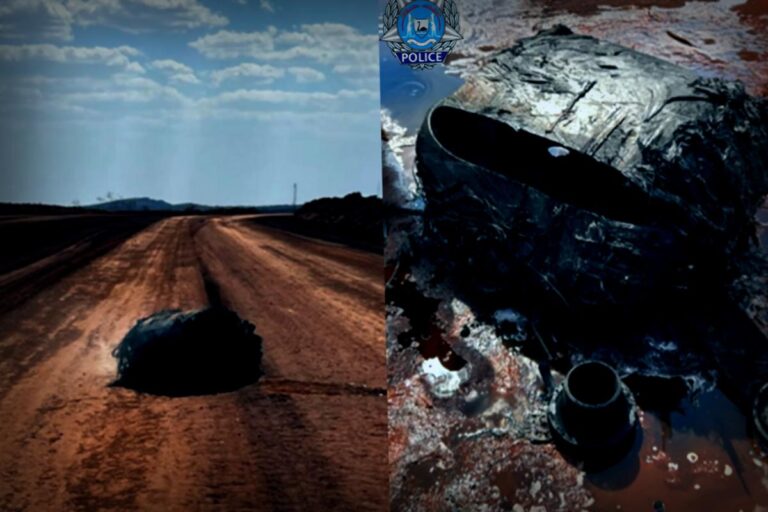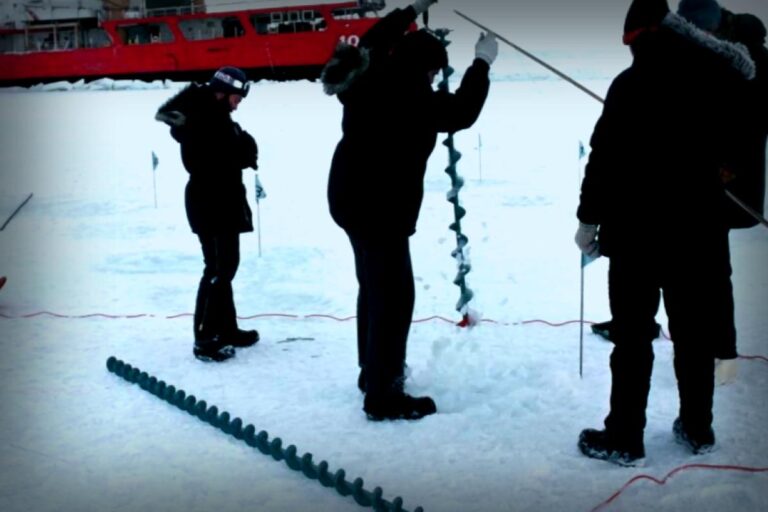A quick-moving glacier in the Russian Arctic has unveiled a fascinating find: a graveyard filled with ancient whale bones. Reports indicate that the glacier has been retreating at an alarming rate, leading to this remarkable discovery.
Earlier this year, researchers set foot on Wilczek Island in the extreme north of Russia as part of their study on permafrost, as highlighted by a statement released by the Arctic and Antarctic Research Institute (AARI).
In analyzing satellite images, the team, led by AARI geologist Nikita Demidov, compared the glacier’s former and present locations. Their findings revealed a significant split in the ice cover of the island in just under two decades.
This notable downturn in glacier size mirrors a global trend, with a study from February highlighting a 5% loss of glacial ice worldwide since the year 2000.
The glacier’s recession has exposed several square miles of the land underneath, showcasing a multitude of well-preserved whale bones. While some skeletons are in good condition, Demidov pointed out that bones near the shoreline have decayed more due to prolonged thawing, whereas those near the glacier remain in better shape.
“This paleontological discovery suggests a significant shift in sea levels within the region of Eurasia’s northernmost islands over the past few thousand years,” Demidov remarked.
The ongoing expedition is being executed aboard a Russian ice-capable vessel named Professor Molchanov and is expected to run through August, according to information from TASS.




















